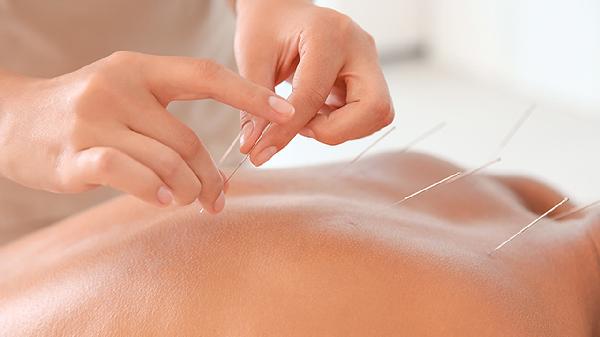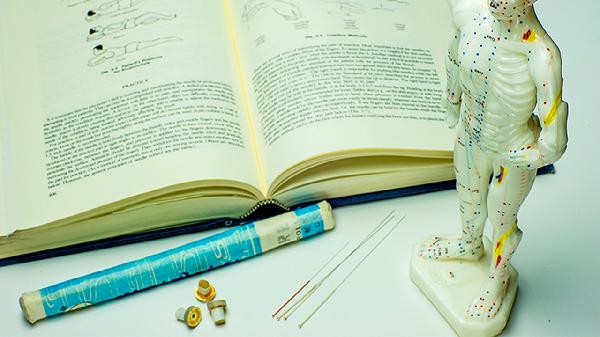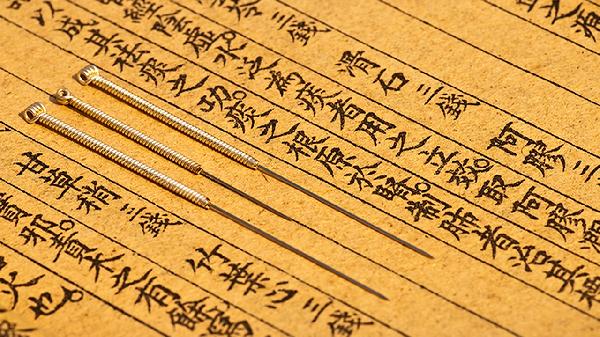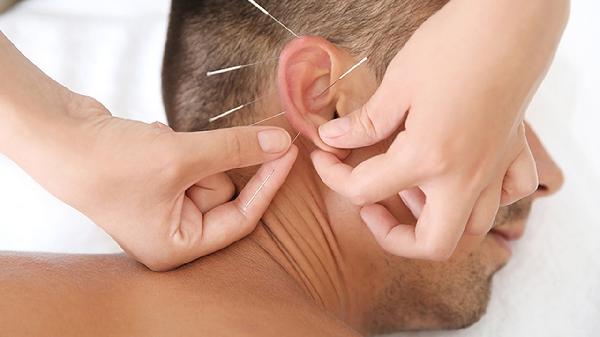Acupuncture can indeed provide relief for plantar fasciitis pain by targeting specific points to reduce inflammation, improve blood flow, and promote healing. This ancient Chinese practice has gained recognition in modern medicine for its effectiveness in managing chronic pain conditions, including plantar fasciitis. Below, we explore how acupuncture works, its benefits, and what to expect during treatment.

How Acupuncture Works for Plantar Fasciitis
Acupuncture involves inserting thin, sterile needles into specific points on the body known as acupoints. For plantar fasciitis, these points are often located on the foot, lower leg, and sometimes the back. The stimulation of these points helps to release endorphins, the body’s natural painkillers, while also reducing inflammation and improving circulation to the affected area. This process not only alleviates pain but also supports the healing of damaged tissue.
Benefits of Acupuncture for Plantar Fasciitis
One of the primary benefits of acupuncture is its ability to provide pain relief without the side effects often associated with medications. Many patients report significant improvement in pain levels and mobility after just a few sessions. Additionally, acupuncture can address underlying issues such as muscle tension or imbalances that may contribute to plantar fasciitis. It is a holistic approach that not only treats symptoms but also promotes overall well-being.
What to Expect During an Acupuncture Session
During your first acupuncture session, the practitioner will conduct a thorough assessment of your condition, including your medical history and the severity of your plantar fasciitis. Based on this evaluation, they will create a personalized treatment plan. The needles are typically left in place for 20 to 30 minutes, during which you may feel a mild tingling or warmth. Most patients find the experience relaxing and pain-free.
How Many Sessions Are Needed?
The number of sessions required varies depending on the individual and the severity of the condition. Some patients experience relief after just one or two sessions, while others may need a series of treatments over several weeks. Your acupuncturist will monitor your progress and adjust the treatment plan as needed.
Complementary Therapies to Enhance Results
To maximize the benefits of acupuncture, it can be combined with other therapies such as stretching exercises, physical therapy, or orthotic devices. These complementary approaches can help address the root causes of plantar fasciitis and prevent recurrence. Additionally, maintaining a healthy lifestyle, including proper footwear and weight management, can further support your recovery.
Is Acupuncture Safe?
When performed by a licensed and experienced practitioner, acupuncture is generally safe and well-tolerated. The needles used are sterile and disposable, minimizing the risk of infection. However, it is essential to inform your acupuncturist of any medical conditions or medications you are taking to ensure the treatment is tailored to your needs.
Conclusion
Acupuncture offers a natural and effective solution for relieving plantar fasciitis pain. By targeting the root causes and promoting healing, it can help you regain mobility and improve your quality of life. If you are considering acupuncture, consult with a qualified practitioner to determine if it is the right option for you. Remember, addressing plantar fasciitis requires a holistic approach, so combining acupuncture with other therapies and lifestyle changes can lead to the best outcomes. Take the first step toward pain-free living today.
























